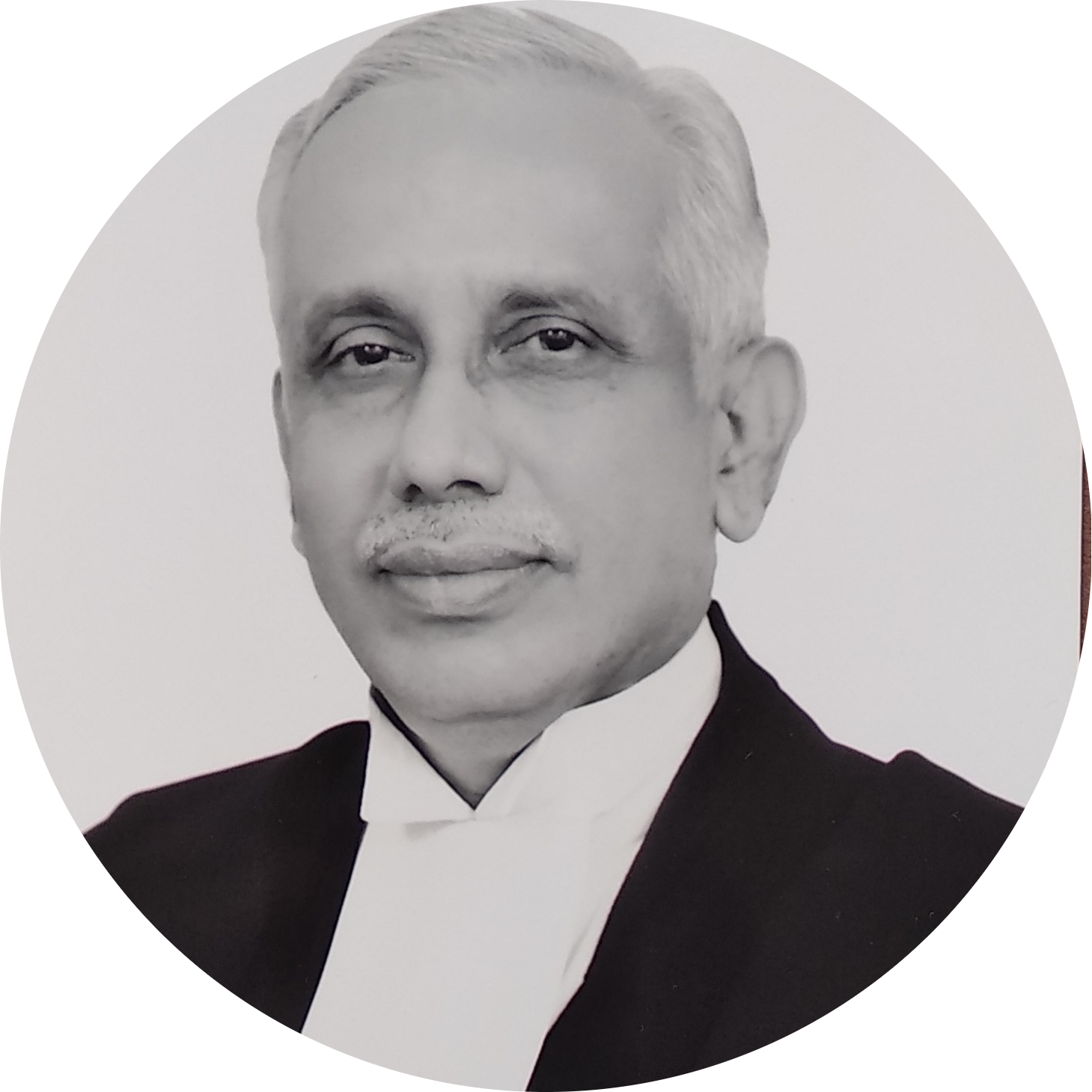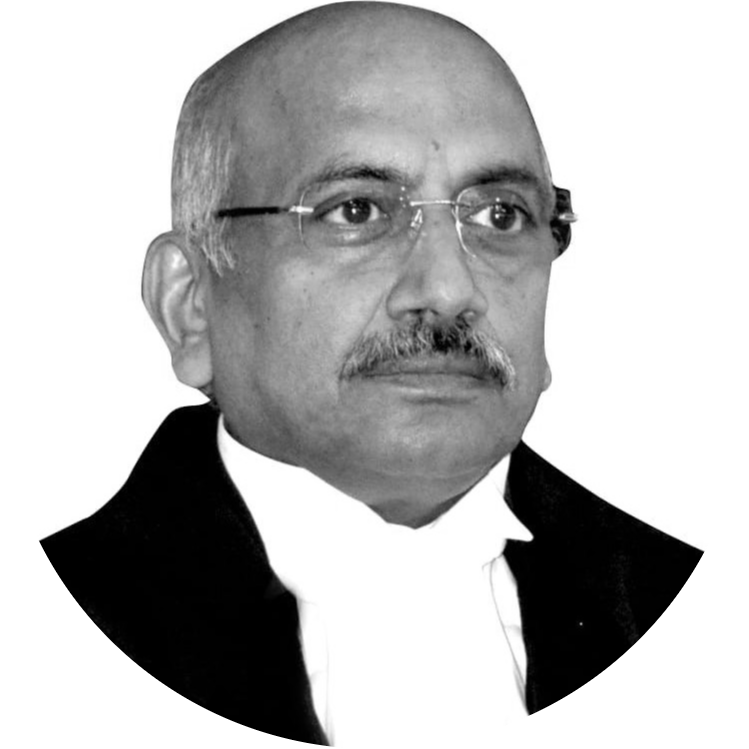Maratha Reservation
Jaishri Laxmanrao Patil v Chief Minister, Maharashtra
The Supreme Court struck down Maharashtra’s Socially and Educationally Backward Classes Act, 2018, which grants reservations to the Maratha community for violating the 50% limit on reservations and the 102nd Amendment of the Constitution.
Decided
Parties
Petitioner: Jaishri Laxmanrao Patil; Youth for Equality; Amita Lalit Gugale; Sanjeet Shukla; Uday Govindraj Dhopale; Mohd. Sayeed Noori Shafi Ahmed; Sagar Damodar Sarda; Vishnuji P. Mishra; Kamalakar Sukhdeo Darode; Ruchita Jiten Kulkarni; Devendra Roopchand Jain; Aditya Bimal Shastri; Rajesh A. Tekale; Deshmukh Esha Girish; Shiv Sangram; Krishnaji Dattatrya More; Madhushri Nandkishor Jethliya
Lawyers: Arvind Datar; Gopal Sankaranarayanan; Shyam Divan; Siddharth Bhatnagar; Pradeep Sancheti; Shriram Pingle; Rajeev Dhavan; B.H. Marlapalle; Gunratan Sadavarate; S.B. Talekar; RK Deshpande; Amit Anand Tiwari
Respondent: Chief Minister, Maharashtra; Chief Secretary, Maharashtra; Maharashtra State Public Services Commission; Vinod Narayan Patil; Union of India; Jharkhand; Bihar; Rajasthan; Andhra Pradesh; Tamil Nadu; Karnataka;Chhattisgarh; Karnataka; Kerala; Haryana; Meghalaya; Uttarakhand; Uttar Pradesh; Assam
Lawyers: Att. Gen. K.K. Venugopal; Sol. Gen. Tushar Mehta; Mukul Rohatagi; Paramjit Patwalia; Shekhar Naphade; Kapil Sibal; Abhishek Manu Singhvi; Manish Kumar; S. Niranjan Reddy; Jayant Muth Raj; Jaideep Gupta; Bharadwaj; Amit Kumar; Vinay Arora; Tapesh Kumar Singh; Chander Uday Singh; Pradeep Misra; Diksha Rai
Intervenors: Five intervenors
Lawyers: Arvind Varma; Mahalakshmi Pavani; Shriram Pingle; V.K. Biju; Hrishikesh Chitaley; Kaleeswaram Raj; Prashant Kenjale; Akash Kakade; Ashok Arora
Case Details
Case Number: SLP (C) 15737/2019
Next Hearing: January 24, 2024
Last Updated: January 24, 2024
TAGS: Caste, Equality, Federalism, Reservation
Key Issues
Does the Socially and Educationally Backward Classes Act, 2018 violate Articles 15(4) and 16(4) of the Constitution?
Does the Act violate Article 14 of the Constitution by creating a separate class of Marathas outside the OBC class?
Does the Act lack legislative competence and encroach upon judicial powers by directly overruling a court order?
Can the 50% ceiling limit on reservation set by the Supreme Court in its Indra Sawhney judgment be exceeded?
Does the State of Maharahstra have the power to identify socially and educationally backward classes after the 102nd Amendment Act, 2018?
Case Description
On July 9th 2014, the State of Maharashtra promulgated an ordinance granting 16% reservation in education and public employment to the Maratha community. This followed decades of protests for a demand for ‘Maratha Reservation’. On November 14th 2014, the Bombay High Court issued an interim order staying the ordinance’s implementation. A challenge to the interim order was dismissed by the Supreme Court on December 18th 2014.
Thereafter, Maharashtra enacted the Socially and Educationally Backward Classes Act, 2014. This granted 16% reservation to educationally and socially backward classes, among whom the Maratha community was counted. On April 7th 2016, the Bombay High Court stayed the implementation of the Act due to its semblance to the ordinance.
On January 4th 2017, the Maharashtra state government issued a notification establishing the Maharashtra State Backward Class Commission. The Commission, chaired by Justice Gaikwad, recommended 12% and 13% reservation for Marathas in educational institutions and appointments in public services, respectively.
Upon the Commission’s recommendations, Maharashtra passed the Socially and Educationally Backward Classes Act, 2018 (SEBC Act, 2018) on November 29th 2018. The Act exceeds the recommended quotas, granting 16% reservation for Marathas in Maharashtra’s state educational institutions and appointments to public service. The constitutional validity of the Act was challenged before the Bombay High Court by three lead petitions, along with several other writ petitions.
The primary arguments in the three lead petitions were:
- The Act is unconstitutional as it exceeds the 50% ceiling limit imposed on reservations by Indra Sawhney v Union of India.
- The Act provides reservation on the basis of Justice Gaikwad Commission report, which lacks reliable, scientific and adequate data to justify either the backwardness of Marathas or the extra-ordinary condition of increasing reservations in Maharashtra from 52% to 68%.
- The Act creates a special class of reservation for Marathas outside the OBC class and violates Articles 14, 16 and 19 of the Constitution by bestowing them with special benefits.
- The Act encroaches on judicial power by directly overruling the High Court’s 2014 and 2016 orders.
- The Act was passed without complying with procedural requirements mandated by the 102nd Constitution (Amendment) Act, 2018.
On the other hand, the Maharashtra State Government had contended that extraordinary conditions such as the increase in number of suicides due to indebtedness and deteriorating incomes among Maratha families justify the enactment of the Act. It further contended that the 2014 interim order was no longer effective as the 2018 Act’s provisions had specifically repealed both the 2014 Ordinance and the 2014 Act.
On June 27th 2019, the Bombay High Court upheld the constitutional validity of the Act. It reasoned that:
- State governments have the power to increase reservation beyond the ceiling limit of 50% in extraordinary circumstances justified by quantifiable data.
- The Justice Gaikwad Commission report was based on scientific and quantifiable data which adequately justified both including Marathas as a socially and educationally backward class as well as the extra-ordinary condition of creating reservations beyond the 50% ceiling limit.
- The State Government did not encroach upon judicial power as it did not directly overrule any court order. It merely removed the basis of the Court’s earlier order by repealing the 2014 Ordinance and Act.
- The Act meets the test of reasonable classification under Article 14 of the Constitution as it provides reservation for the newly identified class of Marathas, who have been historically incorrectly denied affirmative action, without unjustly depriving the existing Other Backward Classes.
- The 102nd Constitution (Amendment) Act, 2018 does not curtail the legislative competency of state legislatures to give effect to Articles 15(4) and 16(4) of the Constitution through a fair and adequately effective Commission.
However, the Bombay High Court read down sections 4(1)(a)-(b) of the 2018 Act, which prescribe 16% reservation in education and public employment. The court held that the Act should not prescribe reservations exceeding the Commission’s recommended 12% and 13% in education and public employment respectively.
On July 12th 2019, the Supreme Court admitted an appeal to the Bombay High Court’s decision and issued notice to the Maharashtra state government. It chose not to stay the stay the Bombay High Court judgment. The preliminary issue that came up was regarding the need to refer this case to a larger bench, as it involved substantial questions of law around the interpretation of the Constitution. After hearing both the parties, the Court on 09 September, in its brief, non-reportable order, decided to refer the case to a larger bench. Additionally, it halted the application of the SEBC Act for educational institutions except for Post-Graduate Medical Courses.
The Constitution Bench framed 6 questions to address:
1. Whether the judgment in Indra Sawhney needs to be referred to a larger bench for a ‘re-look’ in the light of subsequent Constitutional Amendments, judgments and changed social dynamics etc.?
2. Whether the SEBC Act, 2018 as amended in 2019 granting 12% and 13% reservation for Maratha community in addition to 50% reservation is covered by ‘exceptional circumstances’ in Indra Sawhney’s case, allowing a breach of the 50% limit?
3. Whether the Maharashtra State Backward Commission Report chaired by M.C. Gaikwad has made out a case of existence of extraordinary situation and exceptional circumstances in the State to fall within the exception carved out in the judgment of Indra Sawhney?
4. Whether the 102nd Amendment deprives the State Legislature of its power to enact a legislation determining the socially and economically backward classes and conferring the benefits on the said community under its enabling power?
5. Whether, States power to legislate in relation to “any backward class” under Articles 15(4) and 16(4) is anyway abridged by Article 342A read with Article 366(26c) of the Constitution of India?
6. Whether, Article 342A of the Constitution abrogates States power to legislate or classify in respect of “any backward class of citizens” and thereby affects the federal structure of the Constitution of India?
The Bench heard arguments on these issues over 10 days from 15 March to 26 March 2021.
The judgment was pronounced on 5 May 2021. The bench’s view on questions 1, 2 and 3 were unanimous. They held that the 50% limit on reservations should not be reconsidered. The Gaikwad Commission, the Bombay HC judgment or the SEBC Act all fail to lay out an ‘extraordinary situation’ to fall within the exception to this limit. So, the SEBC Act, insofar as it identifies and grants reservations to Marathas, is struck down.
On questions 4, 5 and 6, Justices Rao, Gupta and Bhat were in agreement. They held that the 102nd Constitutional Amendment did take away States’ powers to identify backward classes. Only the President can notify a list that identifies them which Parliament can amend thereafter. States can only make recommendations. However, until that notification is published, which should be done expiditiously, the existing setup would continue. The Amendment also did not violate the basic structure of the Constitution. Justices Bhushan and Nazeer dissented on these questions. In their view, Parliament did not intend to take States’ powers of identification.





